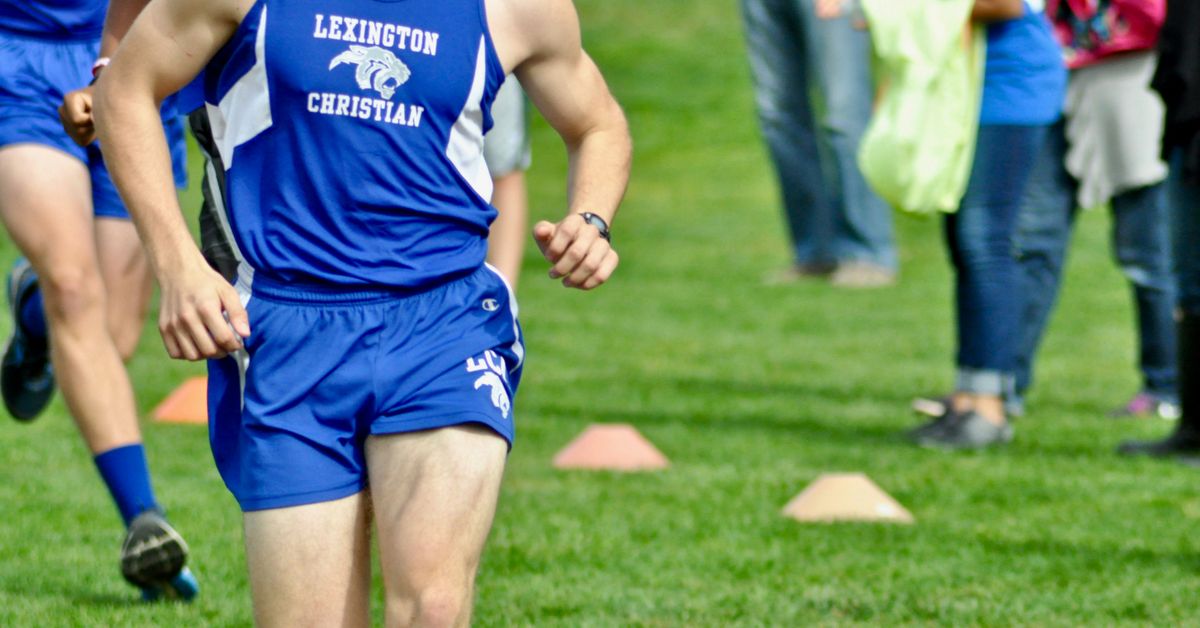
Community Benefits of Accessible Sports Events
Sports events play a pivotal role in fostering community spirit and inclusivity. When these events are accessible to all individuals, regardless of their physical abilities, the benefits extend far beyond the event itself. Accessibility in sports events not only enhances participation but also promotes social cohesion, health outcomes, and economic vitality within communities.
Promoting Inclusivity and Diversity
Accessible sports events contribute significantly to inclusivity by providing opportunities for individuals with disabilities to participate actively. According to the United Nations, about 15% of the world’s population lives with some form of disability, making inclusivity in sports crucial for social equity.
- **Case Study**: The Paralympic Games are a prime example of how accessible sports events celebrate diversity and empower athletes with disabilities.
Enhancing Physical and Mental Well-being
Participation in sports has well-documented health benefits, and when events are accessible, more people can reap these rewards. Physical activity improves cardiovascular health, strengthens muscles, and boosts mental well-being by reducing stress and anxiety.
- **Research**: A study by the National Institutes of Health found that inclusive sports programs contribute to improved self-esteem and overall quality of life for individuals with disabilities.
Driving Economic Growth
Accessible sports events can also stimulate local economies by attracting participants, spectators, and sponsors. These events create opportunities for tourism, hospitality, and local businesses, thereby boosting revenue and employment.
- **Example**: The Special Olympics World Games generate substantial economic impact through tourism and infrastructure development in host cities.
Fostering Community Engagement
Communities benefit socially when everyone can participate in and enjoy sports events together. Accessible events encourage volunteerism, collaboration among organizations, and civic pride.
- **Quote**: “Inclusive sports events build bridges across communities and celebrate the unique talents of every individual.” – Local Community Organizer
Educational Opportunities and Awareness
Accessible sports events raise awareness about disability rights and foster a more inclusive society. They provide educational opportunities for schools, families, and communities to learn about adaptive sports and promote respect and understanding.
- **Initiative**: The Challenger Troop initiative introduces adaptive sports to schools, promoting acceptance and appreciation of individual differences.
Conclusion
Accessible sports events are not just about competition; they are a catalyst for positive change within communities. By promoting inclusivity, enhancing well-being, driving economic growth, fostering engagement, and raising awareness, these events create lasting impacts that resonate far beyond the sporting arena. As communities continue to embrace accessibility in sports, they move closer to a more equitable and vibrant future for all.



